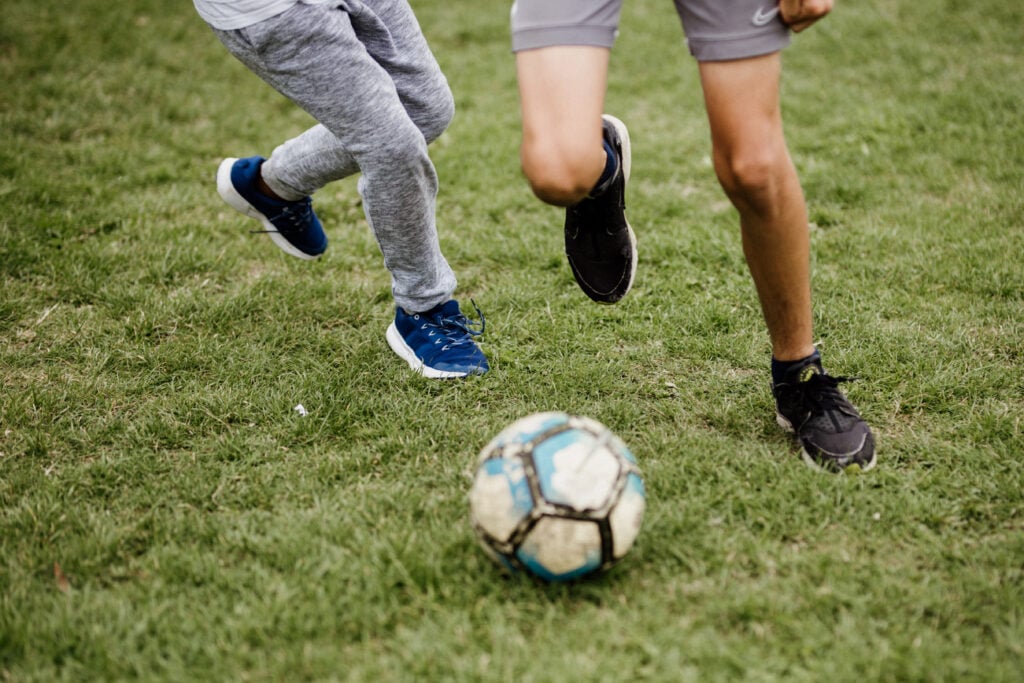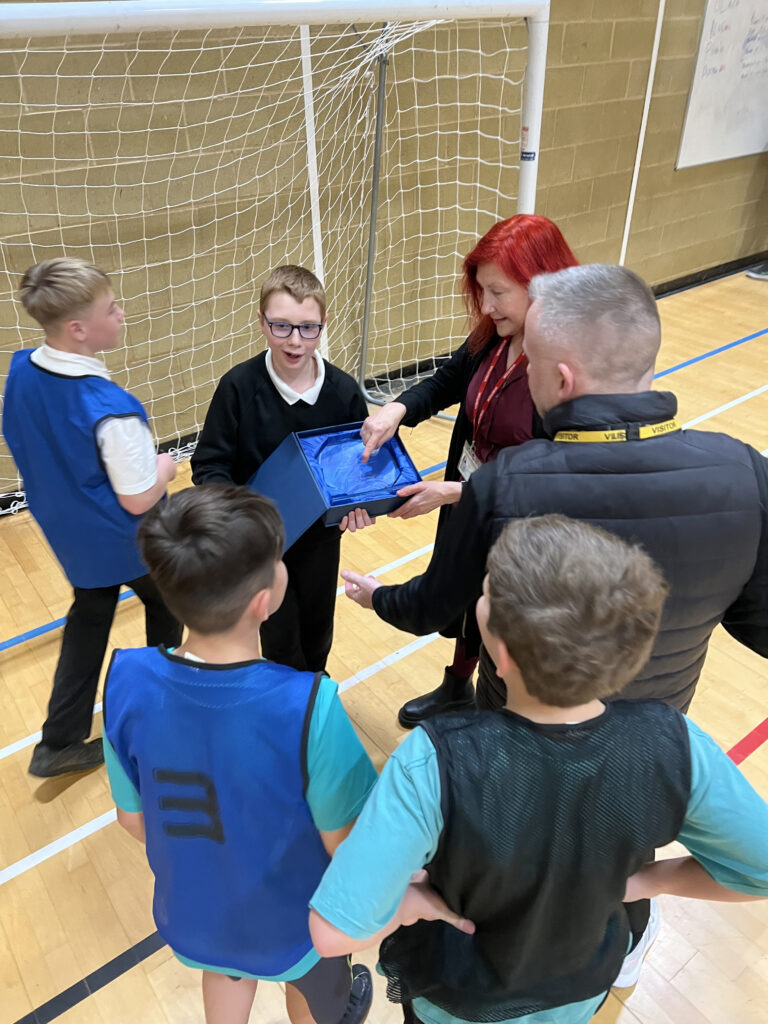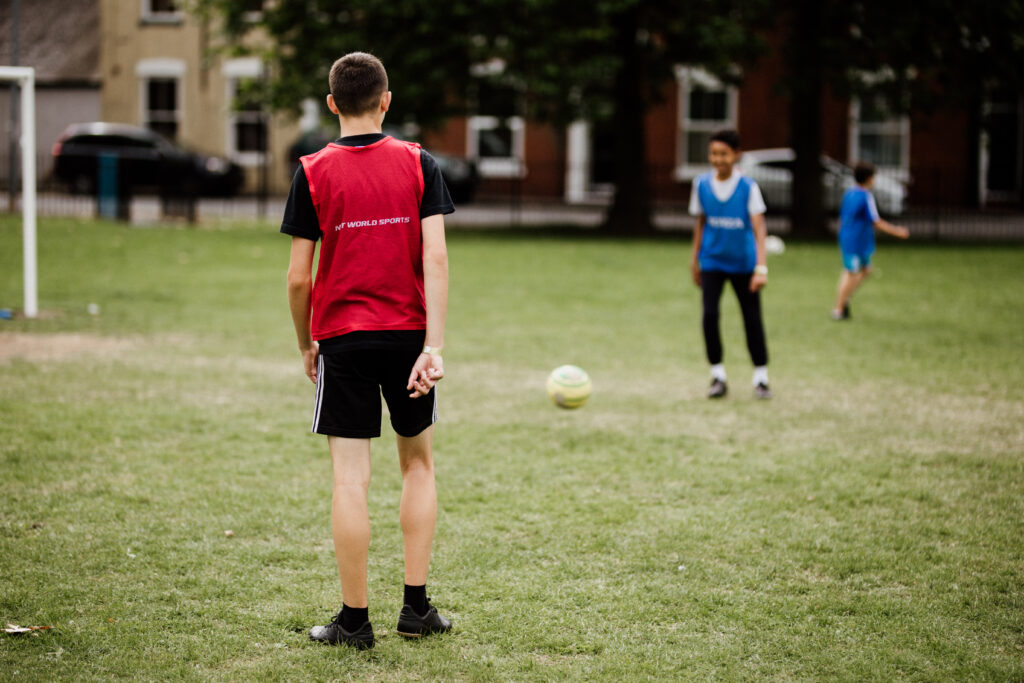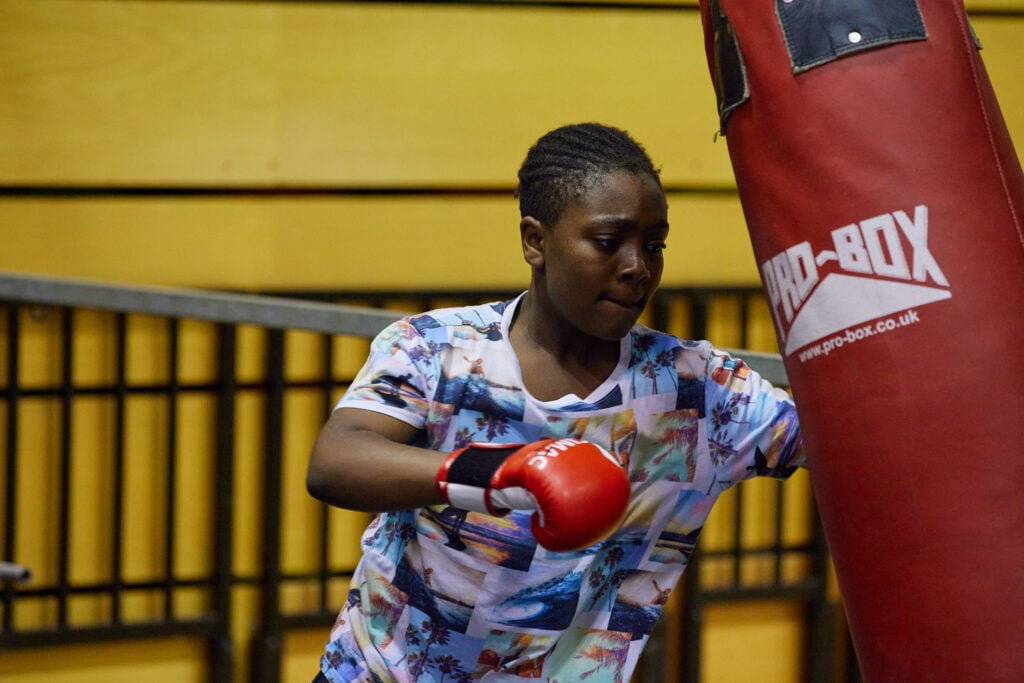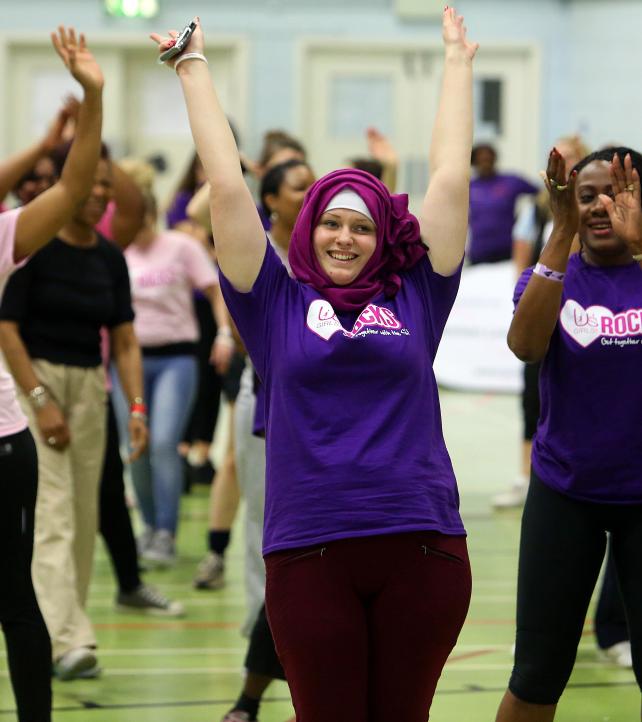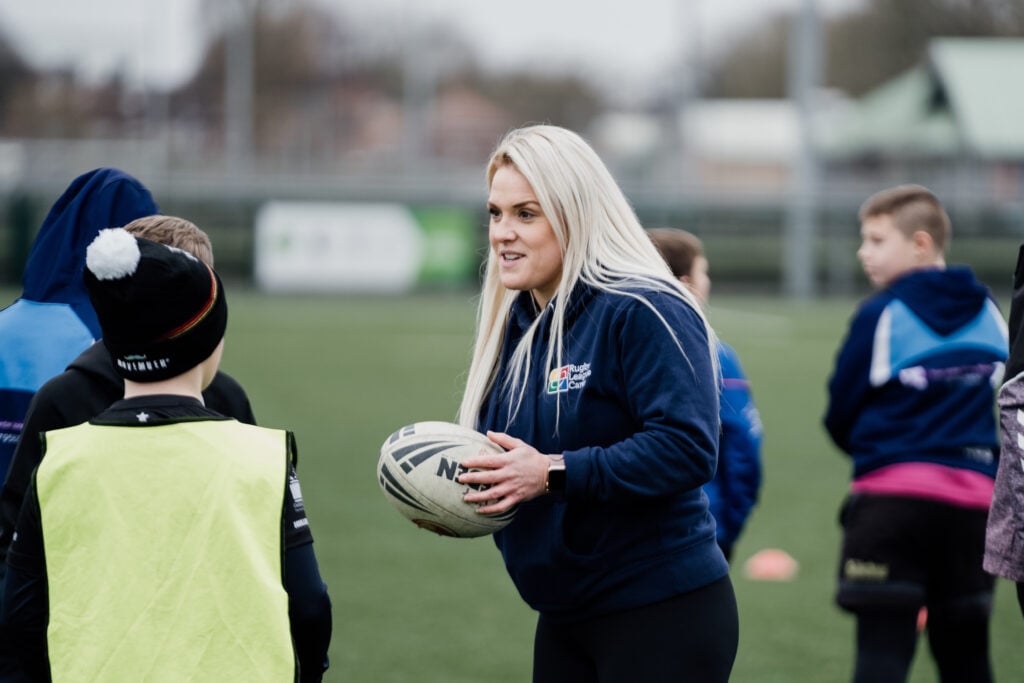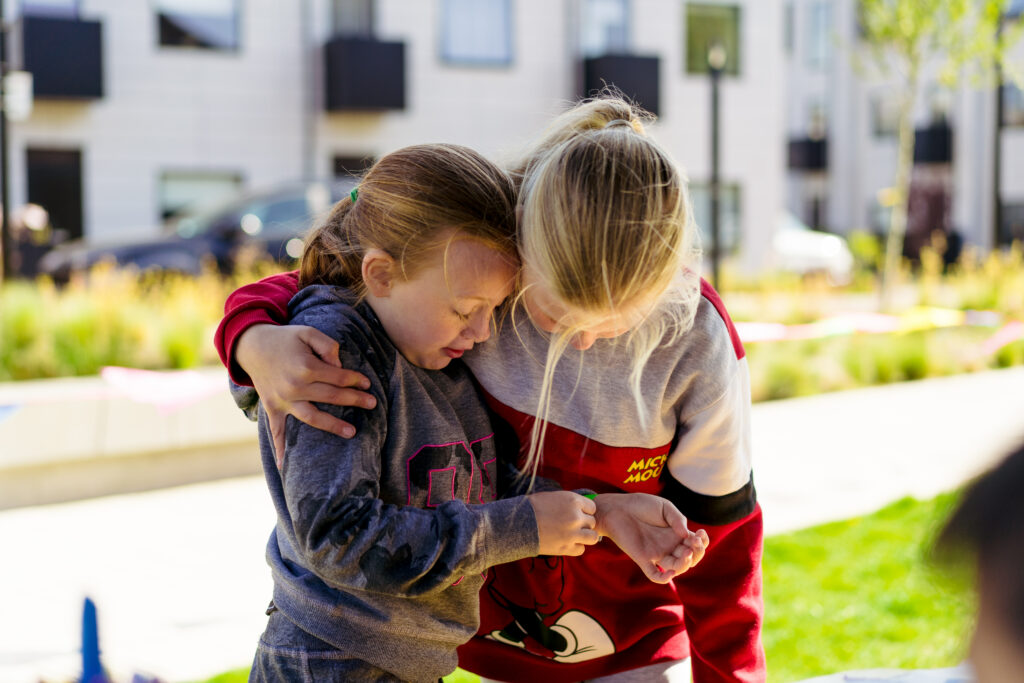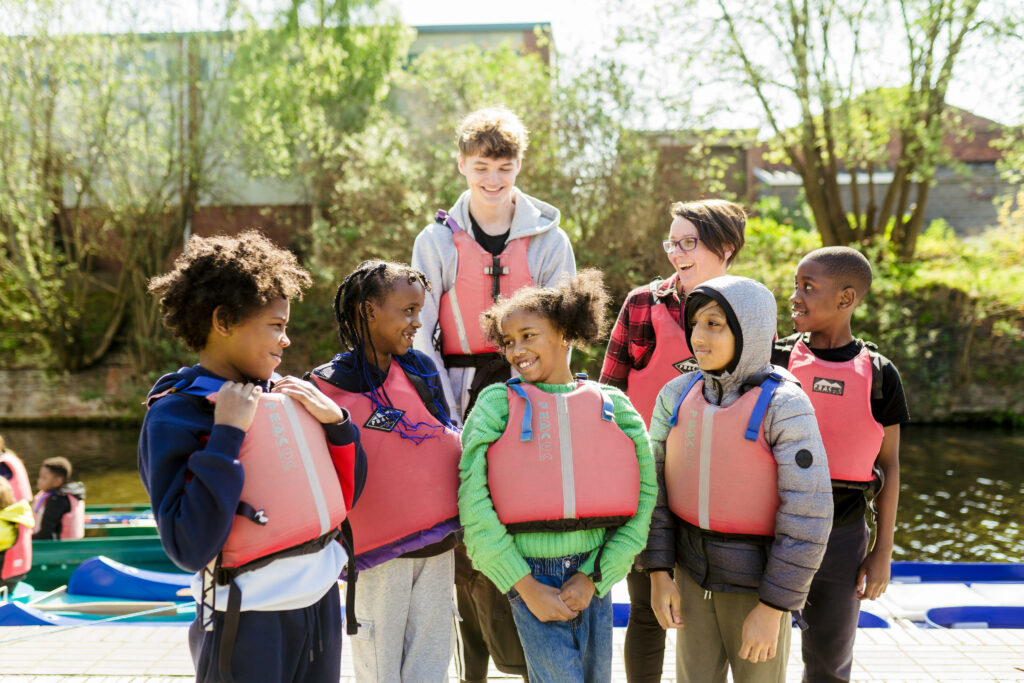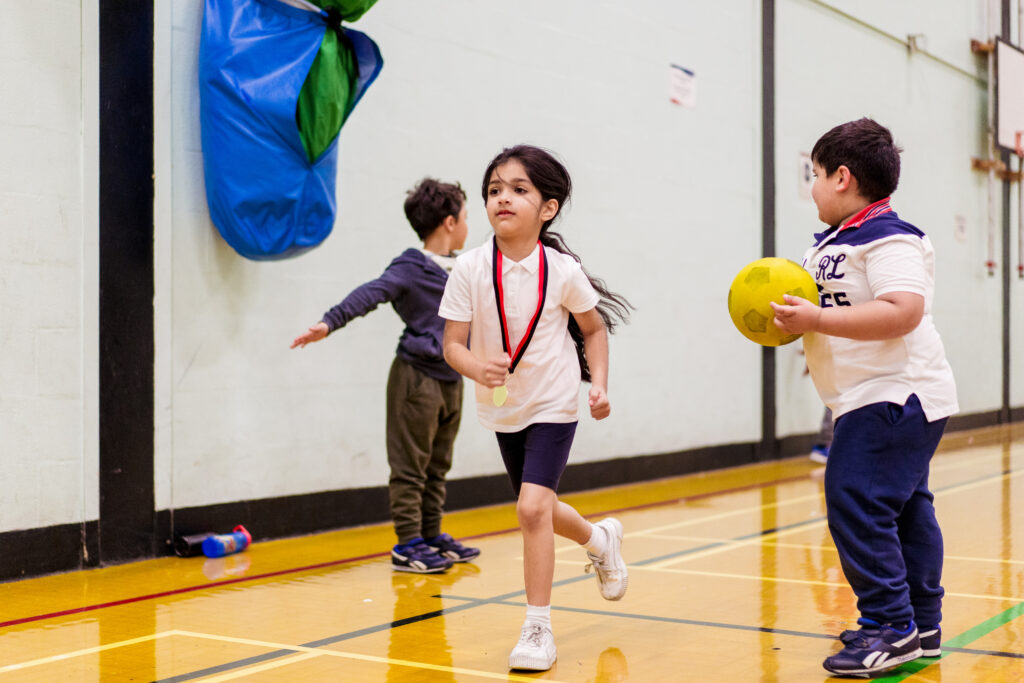Sport’s Impact on Youth Offending: ‘Getting On Track’ Report Calls for Policy Action
Sport’s Impact on Youth Offending: ‘Getting On Track’ Report Calls for Policy Action
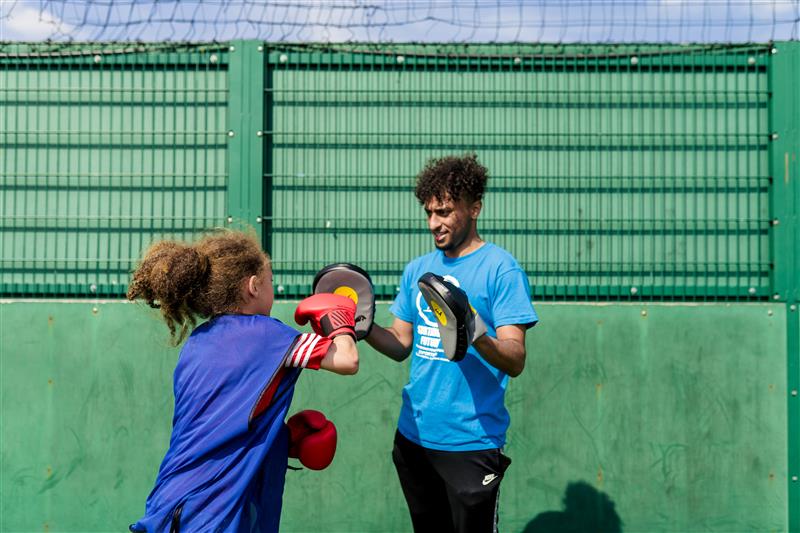
Political parties must prioritise the contribution of sport and physical activity if they are genuinely committed to tackling crime and anti-social behaviour more effectively, according to new research published today.
In its new report ‘Getting On Track’, the Sport for Development Coalition says the Government could and should be trusting and utilising more specialist organisations embedded within local communities to maximise the return on its investment into reducing youth offending and re-offending.
Furthermore at a national level, policy-makers must focus on helping to strengthen partnership working between the youth justice and sport sectors in order to address the inconsistencies in existing structures, and fully capitalise on the contribution that sport can make to society.
Getting On Track is based on learning and evaluation from the Youth Justice Sport Fund, a £5million fund from the Ministry of Justice which was managed and distributed to 218 local partners across England Wales throughout early 2023 by Coalition partners StreetGames and the Alliance of Sport in Criminal Justice.
Produced in collaboration by three Universities, it is the third report in a series underpinning the Coalition’s #OpenGoal framework, and includes five key recommendations aimed at maximising the contribution of sport for development to policy priorities and helping to stem spiralling public costs.
Hitesh Patel, Executive Director of the Sport for Development Coalition, said:
“We’re pleased to publish this third report in the #OpenGoal series and, on behalf of the many Coalition partners focused on reducing crime and anti-social behaviour, look forward to working with DCMS, the Ministry of Justice and other arms of Government to maximise the contribution of sport and physical activity to reducing youth offending and re-offending, and the mounting public costs associated with it.”
Mark Lawrie, CEO of StreetGames, commented:
“This report clearly demonstrates the positive impact on vulnerable young people of appropriately delivered sport and physical activity. Local interventions work. When designed with the evidence of what works by trusted adults in trusted community settings they develop pro-social behaviours and reduce anti-social and criminal behaviours. It is another piece in the jigsaw, creating the picture of how sport for development delivers individual and social impact.”
James Mapstone, CEO of the Alliance of Sport in Criminal Justice, added:
“As a Board member of the Coalition and a partner in this initiative, I’m proud to see our collective efforts leading to greater support for the sector and reinforcing the role of physical activity and sport as effective tools for tackling crime and anti-social behaviour. Together we will continue advocating for these transformative approaches to be integral, not optional, in crime reduction strategies.”
Dr Haydn Morgan, speaking on behalf of the research team drawn from the University of Bath, Loughborough University and Royal Holloway University of London, said:
“This report adds further weight to the significant evidence base that demonstrates the impactful role that sport and physical activity can have on crime and anti-social outcomes. It also demonstrates the clear benefits of connecting academics with policy-makers and practitioners to develop cost-effective solutions to addressing social challenges through sport and physical activity.”
The five recommendations in the report specifically call on policy-makers to:
- Invest in the professional development and wellbeing of the workforce and prioritise staff retention
- Utilise trusted specialist organisations to maximise the return on investment
- Strengthen partnership working between the youth justice and sport sectors to address the inconsistency and fragmentation in existing structures
- Support and empower organisations to commit to this work in the long term, to be agile and responsive to identified need, and exercise autonomy in their resource allocation
- Facilitate the meaningful involvement of beneficiaries and experts by experience
The report also includes a series of practical and achievable next steps based on partnership working – for example through the Government’s recently-formed National Physical Activity Taskforce; workforce development; and the meaningful involvement of beneficiaries and experts by lived experience.
Hitesh added: “We invite policy-makers, funding bodies and practitioners to consider these recommendations, and welcome the opportunity to work together with partners on how best to implement them in a meaningful and impactful way.”

